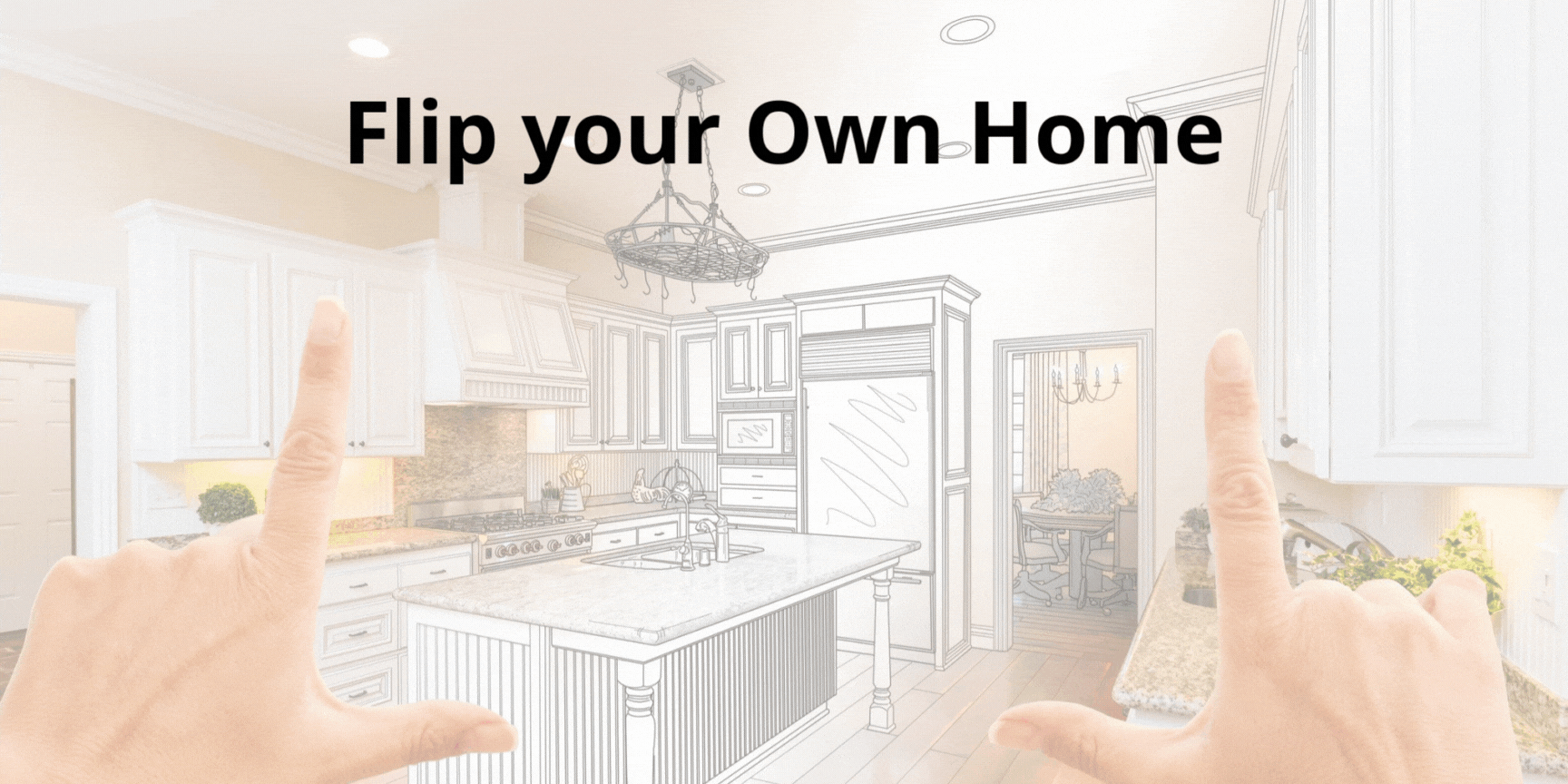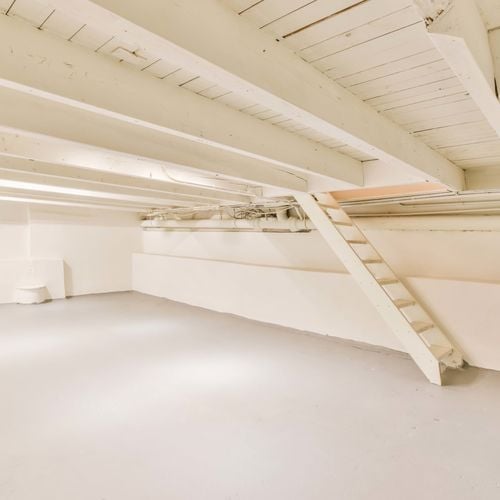Just like every other industry, the real estate industry is driven by a number of economic principles. For instance, the law and supply of demand informs everything we do as REALTORs. When the number of homes that are for sale (the supply) is higher than the number of potential buyers (the demand), prices will decrease. Obviously, when the opposite is true, there is a different impact on the market’s pricing.
Another important economic principle that drives real estate pricing is the principle of substitution. At its core, the principle of substitution says that the price of an asset, in this case, real estate, is set by the price of a similar asset somewhere else.
Before you list your home for sale, it’s important that you have a good understanding of this principle. If you don’t understand this concept, you run the risk of overpricing your home, which is one of the most fatal mistakes that sellers can make.
A Hypothetical Situation
Since the principle of substitution is all about numbers, it’s easiest to understand it by taking a look at a hypothetical situation. Let’s assume that you’re selling a home that was built in 1992 in a typical suburban subdivision. The home has three bedrooms, two bathrooms, and about 1500sf, which is about average square footage in your neighborhood. After you take a look at some recent sales on the Internet, you decide that you should be able to sell your home for $1.5 million. That’s not an astronomical rate for the Bay Area, so believing that you can get a million dollars for your home isn’t a reach at all.
Over the years of owning your home, we will also assume that you have updated the bathrooms, replaced the kitchen cabinets, and done a few more updates around the property.
However, there is another home in the same neighborhood that was built by the same developers at the same time. In the real estate industry, we refer to this idea as a model match. It means that at the time that the two homes were built, they were mirror images of one another.
Much to your surprise, you find out that the model match to your home is also listed on the market, but the sellers are only asking $1,400,000 for it. Your mind will probably immediately go to everything that sets your home apart. You may think about the fact that you’ve upgraded the bathrooms and the kitchen cabinets. Let’s also assume that your home sits a little higher on the hill than the other home, which means you have a better view of the beautiful Bay Area.
So, is your home worth $100,000 more than the other home? It might be. Ultimately, any home is really only worth what someone is willing to pay for it, but since your home has all the upgrades, a better view, and any other number of benefits, you may still assume that your home is worth $1.5 million compared to the $1,400,000 competing home.
Call I Sell for More than the Same Home Next Door?
There is really no definitive way to answer this question. The principle of substitution has another aspect which will have to be considered, and there’s nothing that you can do to impact this part. The economic principle of substitution also teaches us that consumers will not pay $1.5 million for an asset if they can spend $1.4 million and get something just as good, or better, somewhere else.
When you’re trying to justify the million-plus-dollar asking price on your home, you immediately start by naming everything that you’ve done to make the home better. That bathroom upgrade, those new kitchen cabinets, and anything else. You may also point to the view. However, there’s a potential problem with that: what if buyers aren’t looking for those things? What if they don’t put that much value on them? Or worse, what if they simply don’t like what you’ve done with the place?
Obviously, you chose the bathroom and kitchen upgrades based on your own personal tastes. What if potential buyers don’t share those same tastes? Are your upgrades really worth $100,000 more to someone who doesn’t like what you did to those two rooms? Of course not! What if those potential buyers aren’t interested in a nice view of the Bay Area, because maybe it comes with less privacy or increased freeway noise? Suddenly, the things that you’ve been using to build up your home’s value don’t mean as much.
It’s also important to note that buyers who are looking to spend a million-plus-dollars are probably looking at multiple properties, not just the one in your neighborhood. That doesn’t mean that the homes in your neighborhood aren’t good homes or that they aren’t worth $1.5 million, but it does mean that those buyers are looking at a number of locations. Perhaps they want somewhere that’s within 45 minutes of their job, 15 minutes of their children’s school, or five minutes from the beach. Even if your home checks those boxes, there may be several others on the market that also fulfill those wishes.
Ultimately, when considering the principle of substitution, it’s crucial that you remember that the house down the street isn’t your only competition. Instead, you’re trying to sell your home for $1.5 million while competing with any number of properties that the buyer may be looking for.
This is why it’s such a good idea to trust your REALTOR when discussing the listing price for your home. The REALTOR that you’re working with won’t just run comps on the homes that are within your community. Instead, he or she can access the information about listing prices in a larger area, the amenities in those homes, their proximity to the amenities of the Bay Area, and everything else that buyers are looking for when they’re shopping for a new home.
The availability of competing homes is the most important aspect of pricing your home, and the price you’ll be able to sell for is constrained by the crucial principle of substitution. Understanding how that concept impacts the asking price of any property ensures that you don’t price yourself out of the market and end up with an overpriced listing that fails to sell.
Prime Single Family Homes for Sale in Silicon Valley
2
3
4
5
6
7
8
9
10
11
12
13
14
15
16
17
18
19
20
21
22
23
24
25




